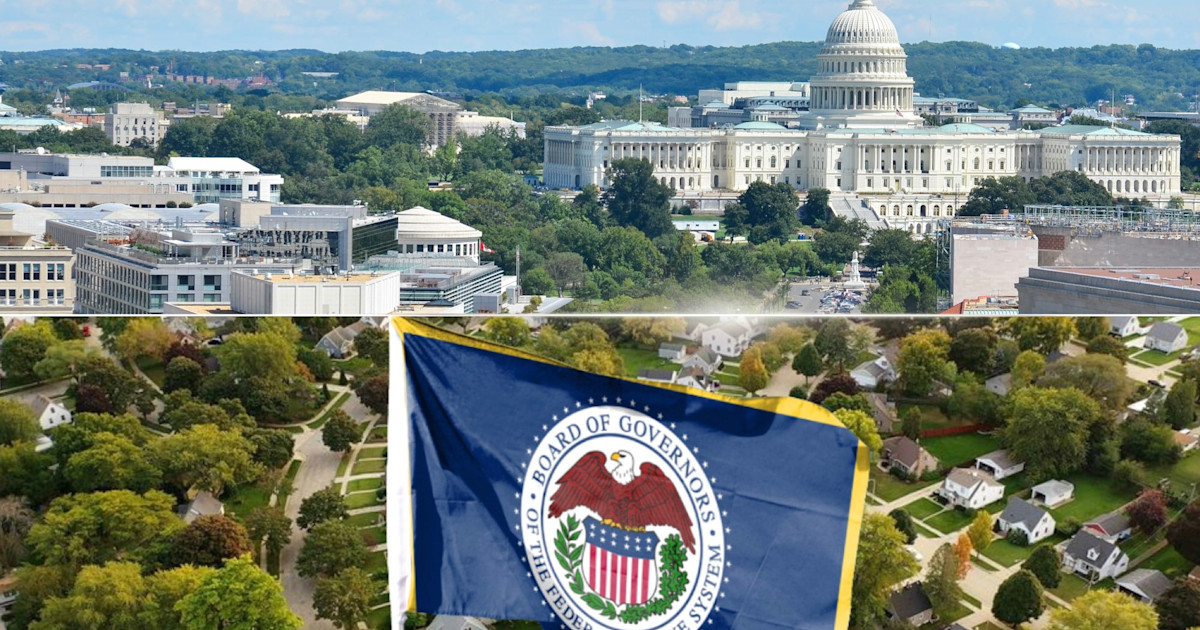T
rump signed the Homebuyers Privacy Protection Act on Sept. 5, outlawing “trigger leads” that credit bureaus sell to mortgage solicitors without consumer permission. The move, hailed by mortgage‑industry insiders as a win for borrowers, stops the bulk sale of personal data that has led to unwanted calls and texts. Rep. John Rose praised the ban as a step toward making homeownership less harassing, while the Mortgage Bankers Association called the law a “major victory for mortgage borrowers.”
In Washington, the Senate’s confirmation process for Stephen Miran, Trump’s pick to replace Adriana Kugler on the Federal Reserve Board, has highlighted concerns about White House influence. Miran, who chairs the White House Council of Economic Advisers, appeared before a Senate committee on Sept. 4 and pledged to preserve the Fed’s independence if confirmed. Senators, particularly Jack Reed, questioned whether a White House employee could serve on the Fed without acting as a political conduit. Miran plans to take an unpaid leave from his current role while serving on the Board, a move that has drawn criticism and raised questions about the timing of his confirmation.
The Department of Justice has reportedly opened an investigation into allegations that Fed Governor Lisa Cook may have committed mortgage fraud. Cook, who has not faced charges, is suing Trump for his attempt to remove her. Her attorney denied any cause for termination, and Cook’s legal team has sought a preliminary injunction to keep her in office. The investigation follows a criminal referral from FHFA Director Bill Pulte, who cited potential fraud. Over 600 economists have signed an open letter urging that Cook not be removed without clear, documented cause, underscoring the controversy surrounding her potential ouster.
Meanwhile, the Trump administration appears to be delaying the previously announced timeline for taking Fannie Mae and Freddie Mac public. Pulte told Fox Business that the government is “in no rush” to move forward, and the administration may sell only about 5 % of the GSEs if a public offering occurs. The potential IPO, valued between $500 billion and $700 billion, would be the largest in history, but the exact timing remains uncertain.
Housing advocacy groups are pressing Congress to act on the ROAD to Housing Act, a bipartisan bill that has garnered support from dozens of organizations. The National Housing Conference, along with more than two dozen partners, urged Senate leadership to bring the legislation to the floor, noting its inclusion as an amendment to the National Defense Authorization Act for 2026. The groups argue that the bill’s broad bipartisan backing and urgent need for housing reform make it a prime candidate for expedited consideration.
In summary, Trump’s trigger‑lead ban, the DOJ’s probe into Governor Cook, the Senate’s scrutiny of Miran’s nomination, the postponed Fannie Mae/Freddie Mac IPO, and advocacy groups’ push for the ROAD to Housing Act all underscore a period of significant regulatory and political activity in the housing and financial sectors.













